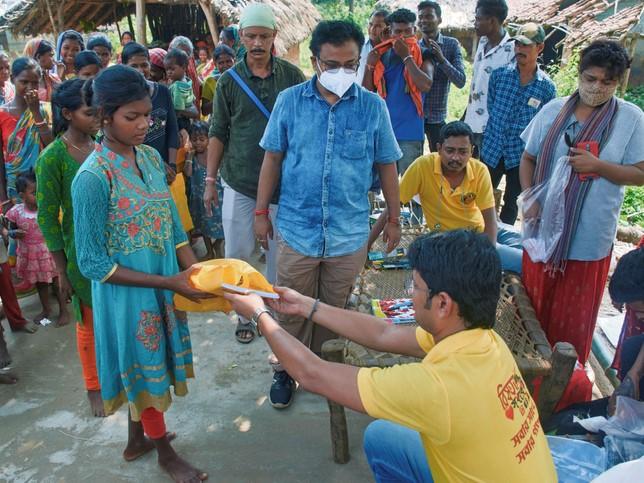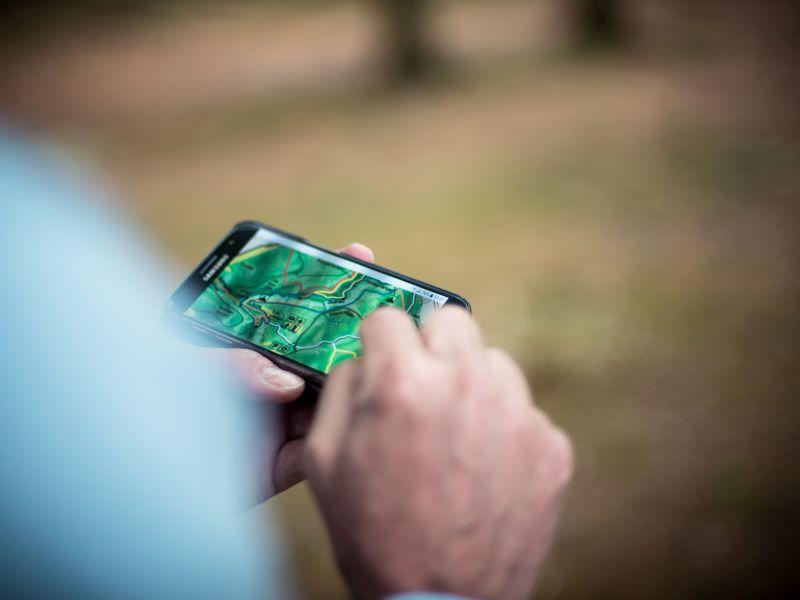
Is that overseas field trip you’re looking forward to really necessary?

I’d wager that if you asked graduates what they enjoyed most about their studies, overseas field visits would be towards the top of the list. Foreign field trips can be memorable – both positively and negatively. And there’s no doubt that they can offer rich rewards for students and faculty.
I remember striding across the Grand Place in Brussels, and a mature student I was chatting with suddenly said: “This is brilliant, James – it’s my first time outside the UK.” So there’s no doubt that such adventures can be liberating and literally open new vistas, experiences and a world previously undiscovered. The cultural and language experience – let alone the direct knowledge gained about your degree subject – is worth its weight in gold. Take, for example, a visit to Granada’s Alhambra Palace and Generalife Gardens. At a time when Islam is stereotypically linked with terrorism, the red fort stands as a beacon of elegance and beauty for humankind.
Student-staff interaction on study tours is intense. Exploring together throws up many opportunities for subject-specific, career and highly personal conversations. Lecturers and students become individuals to one another and develop relationships. And a large party of visitors, perhaps visiting off-peak, can bring a welcome injection of business – for example, a group of criminologists studying war crimes in less-visited places such as Srebrenica in Bosnia.
- Study trips and experiential learning: from preparation to post-trip reflection
- How to stop unconsciously discriminating against international students
- Global virtual exchange: promoting international learning
If such extended tours take place regularly, over a period of years, there is also the possibility of forging meaningful connections and contributing to projects of local benefit that build year-on-year. One example that I know of are regular visits by biology students to Africa to learn about and take part in anti-poaching activities. This has led to joint research into drones to aid ranger monitoring of animals and elephant protection.
Of course, in a busy academic life, it’s easy to stumble into the status quo – a field trip module is on the course map, so let’s go. But hold on. As with student assignments, lecturers need to consider the rightness or wrongness of taking a group of students to overseas locations in general – and specific locations in particular.
Key moral questions include: are we really gaining understanding through discussion with local actors, or is this a glorified parachuting-in of relatively prosperous tourists? Or, even worse, an exercise in voyeurism, without taking responsibility for enabling remedial actions with local input?
The development specialist Robert Chambers, for example, has warned against the professional arrogance that dismisses community knowledge. Likewise, South African academics Lucius Botes and Dingie van Rensburg, in their graphically titled paper Nine Plagues and Twelve Commandments, cite an Indian villager as saying that outside professionals arrive “already knowing everything. They come here and look around, but they see only what is not here.”
It is all too easy to visit a place for a week or so, skate along the surface, and return without materially contributing to the betterment of a place and its people. In this sense, I see study trips as akin to external examining, in that, if we are open to it, there is the fascinating and satisfying possibility of a two-way street: that we can learn as much as, if not more than, we may give.
In addition, the philosopher of science John Desmond Bernal reminds us that we are citizens first and scientist-specialists second. Our humanity is just as important as, if not more so, than our professional persona and subject-specific understanding and expertise.
There is also a danger of practising under the influence of white saviour complex, whereby a white person, from a position of actual or perceived superiority and power, attempts to aid individuals and communities (of colour) while displaying, consciously or unconsciously, an underlying sense that they know better and have the remedial skills that local people don’t possess.
Ideally, meaningful exchange and mutual respect should be engendered, leading to better actions, understandings and outcomes for both parties. On these lines, the late, great Maya Angelou is quoted as saying: “People will forget what you said, people will forget what you did, but people will never forget how you made them feel.”
So when considering foreign field trips, my argument is that students and academics need to share meaningful discussions about whether overseas (and domestic) residential tours should take place. And part of such conversations involves research and discussion as to whether and where to visit. We are, after all, consistently urging our students to critically reflect on their thoughts, behaviours and actions. So we need to practise what we preach. And remember that, however well-intentioned, outside interventions can have unintended consequences for local communities if carried out without rigorous research into those individual contexts.
It is also essential to hammer home that, whereas a study trip should be fun, it is not a holiday. And finally, consider whether alternatives (such a virtual tours) can serve the purpose as well, if not better. Overseas travel, not least in a time of Covid, war and climate change, requires a lot of effort and organising – so we must ask ourselves if it is necessary, morally right and adding value over and above other means of delivery.
James Derounian lectures on community governance. He is a National Teaching Fellow and a visiting professor at the University of Bolton.
If you found this interesting and want advice and insight from academics and university staff delivered direct to your inbox each week, sign up for the THE Campus newsletter.


